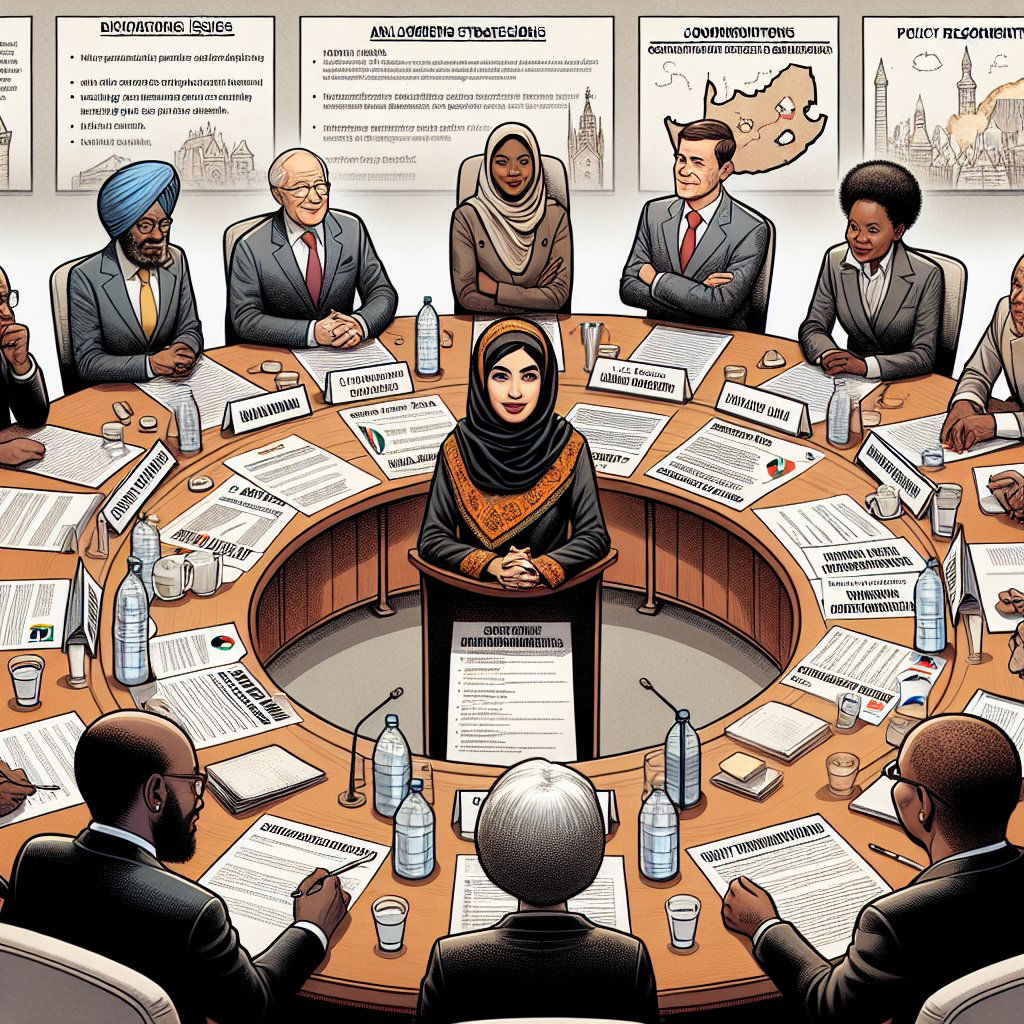Image: AI generated for illustration purposes
Multiparty Charter Engages Civil Society to Forge New Path for South Africa’s Future
In a transformative move aimed at reshaping South Africa's political landscape, the Multiparty Charter (MPC), an alliance of predominantly opposition parties including the Democratic Alliance (DA), ActionSA, Freedom Front Plus (FF Plus), Inkatha Freedom Party (IFP), African Christian Democratic Party (ACDP), United Independent Movement (UIM), Socialist Revolutionary Workers’ Party (SNP), and Isanco, has taken the initiative to involve civil society in the country’s future governance strategies as the 2024 national and provincial elections approach.
Chairperson of the engaging session, DA chief whip Siviwe Gwarube, emphasized the importance of this collaboration, stating that the parties are keen to listen to the perspectives and demands of civil society organizations, acknowledging their crucial role in cultivating the necessary political changes required by the nation.
One of the major concerns raised during the session was by Paramount chief Richard Beek of the Korana Royal Kingdom, who pointed out a lack of significant attention towards redressing historical injustices particularly affecting the Khoi and San communities. The call for the inclusion of their issues in MPC's documentation and the need for a commemoration of the past atrocities were voiced, alongside the need for a concrete action plan to tackle prevalent issues such as unemployment, crime, and drug abuse.
This sentiment was echoed by John Endres from the South African Institute for Race Relations, who described the formation of the MPC as a crucial phase for the country's democracy. The general despondency among the populace due to the nation’s distressing trajectory has led to an increased demand for alternative governance structures capable of reviving the country’s social and economic welfare.
The MPC is tasked with the challenge of convincing disenchanted voters that there exists a viable and trustworthy alternative to the currently ruling African National Congress (ANC). Through substantiated policy recommendations and outlining a vision for national growth and progress, the charter parties must make a persuasive case to the electorate.
During the session, Endres expressed the need for polling-based strategies that could offer promising opportunities for growth. Amidst concerns about weakening governance, Endres argued that sustained growth could act as a unifying force to uphold the country's integrity and success.
The gathering of civil society organizations included representatives from Defend Our Democracy, the Brenthurst Foundation, Afrikanerbond, the Organization Undoing Tax Abuse (Outa), and Solidariteit, all coming together to ensure a dialogic process towards a transparent and consultative coalition government.
The stakes are high for South Africa's future, and the Multiparty Charter signifies a major step towards participatory democracy, where the voices of varied stakeholders, including the historically marginalized, can influence the political course of the nation. As the 2024 elections loom closer, the engagement with civil society remains an essential strategy for exacting change and ensuring South Africa's prosperity.










